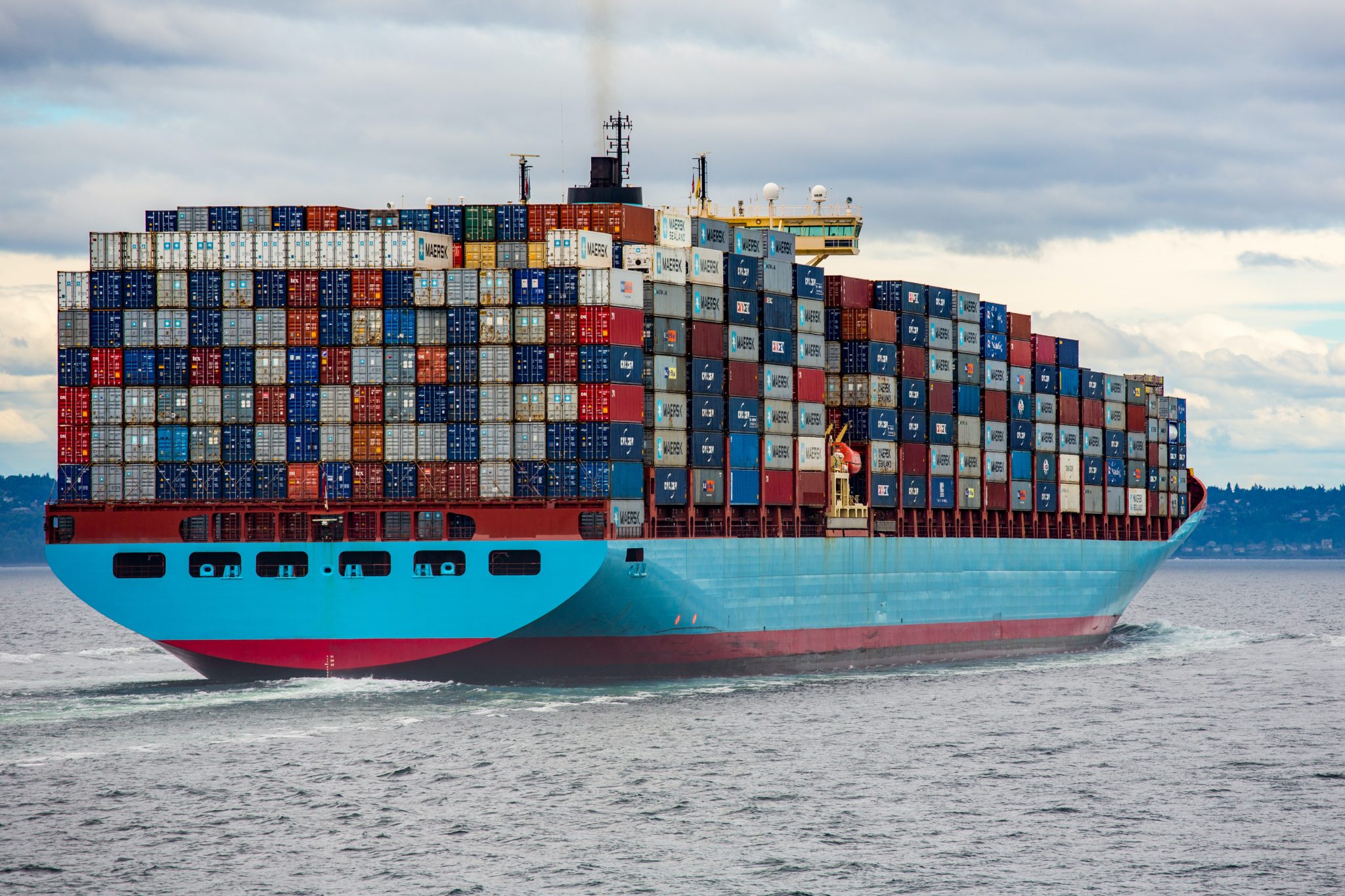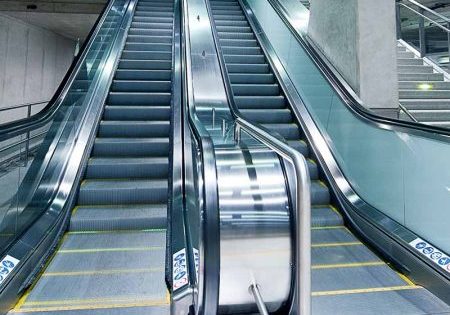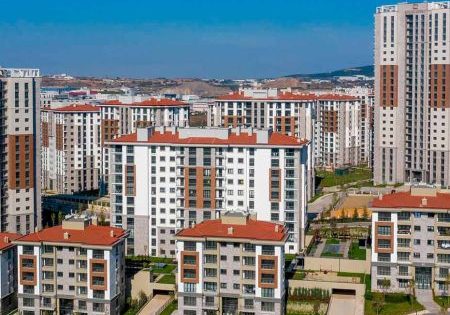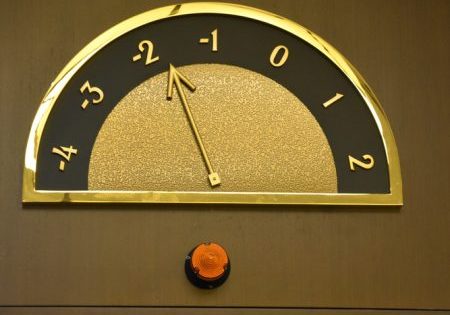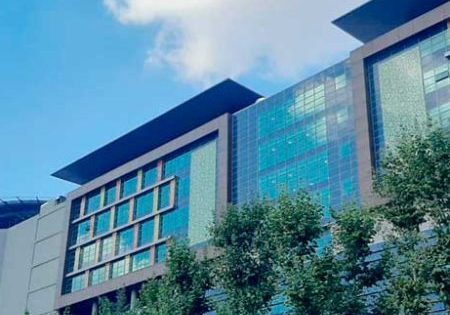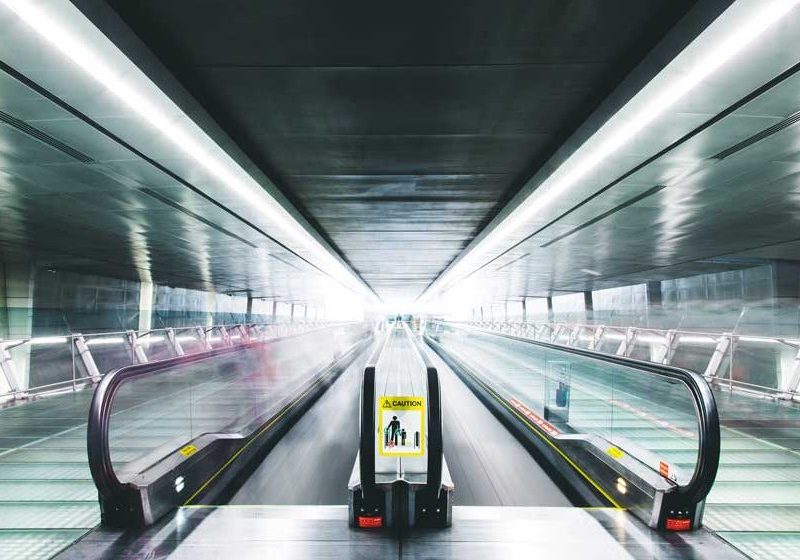The worldwide shrinkage in product sales due to the pandemic also had an impact on maritime trade. The ships and containers anchored in China and the USA caused an increase of up to 300% in freight fees, as well as demurrage and warehouse fees.
Stating that there has been an increase of up to 300% in freight costs in the last year, Fatih Varlık, president of the Machine Tools Industrialists and Business People Association (TİAD), said, “While the cost of moving a 40-ft. container was worth US$3,000 in January 2020, this figure became US$12,000 in January 2021, with an increase of 300%.”
Varlık stated that rapidly increasing freight rates distress the industry. He added that while containers were manufactured in Turkey, due to the lack of a center that carries out the necessary pressure, hydraulic and other tests required for the production of containers for transport, production could not be made.
Ships stuck between the USA and China
TIAD President Varlık stated that 85% of the world’s trade was carried out through maritime before the pandemic, and now it has reached 90%. He said:
“Worldwide trade decreased significantly due to the pandemic. The decrease also affected the maritime trade; most of the ships and containers anchored in China and the USA. Additionally, ships and containers are stuck between the USA and China due to the increasing trade of medical supplies between these two countries. Even if containers and ships are found for export activities, when there is no export activity from the other countries, a huge demurrage and storage fee occurs as the ships and containers have to anchor in the destination country.”
The number of TSE personnel and their expertise in product range is not sufficient
Varlık continued:
“Within the last year, freight prices have increased three times in import and twice in export on average. The number of containers inspected at customs in Turkey showed an increase of 9% within the last year. While the inspections at customs prevent the entry of poor-quality products to our country, waiting periods are very long due to the lack of TSE personnel and a lack of their expertise in various product ranges. Moreover, each member of TSE has to deal with 70 product safety files, which is a heavy workload. Due to these problems, the sum of demurrage, storage and freight fees exceeds the value of the goods, and on top of that, these fees are not paid to the state as tax but to the foreign shipowners who own the containers.”
The increase in the investment cost of the industrialists reached 50%
Varlık pointed out that these chain developments bring extra costs to the industrialists, and they have conveyed these problems with solution proposals to the related ministries, which are Ministry of Commerce, Ministry of Industry and Technology and Ministry of Transportation and Communication. Varlık listed their solution proposals as follows:
- A test center should be set up urgently for shipping containers
- To support container production for transport in Turkey, unconditional incentives should be provided for the experienced companies
- The transportation sector should be supported for reducing the freight fees
- For disburdening trade and production and in order to minimize the waiting period in demurrage, warehouse and inspections
- Specialized customs should be set up for each product range The number of TSE personnel should increase and gain expertise in different product ranges (based on GTIP)
- Product safety inspections of machinery and equipment such as machine tools, presses and production lines that will be used by the industrialist and are not consumable materials but purchased for investment and production purposes, should be carried out in the field instead of the customs
- Additional Customs Tax on machinery and complementary equipment imports should be removed on the condition that it is guaranteed to be used in production for export
- Quotas and taxes on quality steel imports should be minimized
Increase in Steel Prices Affected the Industrialists
Varlık stated that prices of quality steel, which are needed for machinery production and which we buy from other countries, had an increase of nearly 50% within the last two months. He noted, “Due to the increase in steel prices, the costs of the production industry had a significant increase both in Turkey and all over the world. As a result, machinery prices increased by 20% on average in foreign currency compared to last year, together with the input of imported intermediate goods. The increase in investment costs of Turkish industrialists reached 50% with the impact of exchange rates and Additional Customs Tax. It also entrapped our SMEs, which are the backbones of our industry.”
Get more of Elevator World. Sign up for our free e-newsletter.
